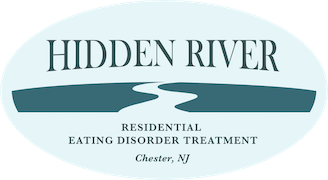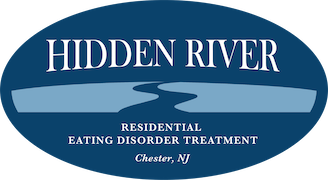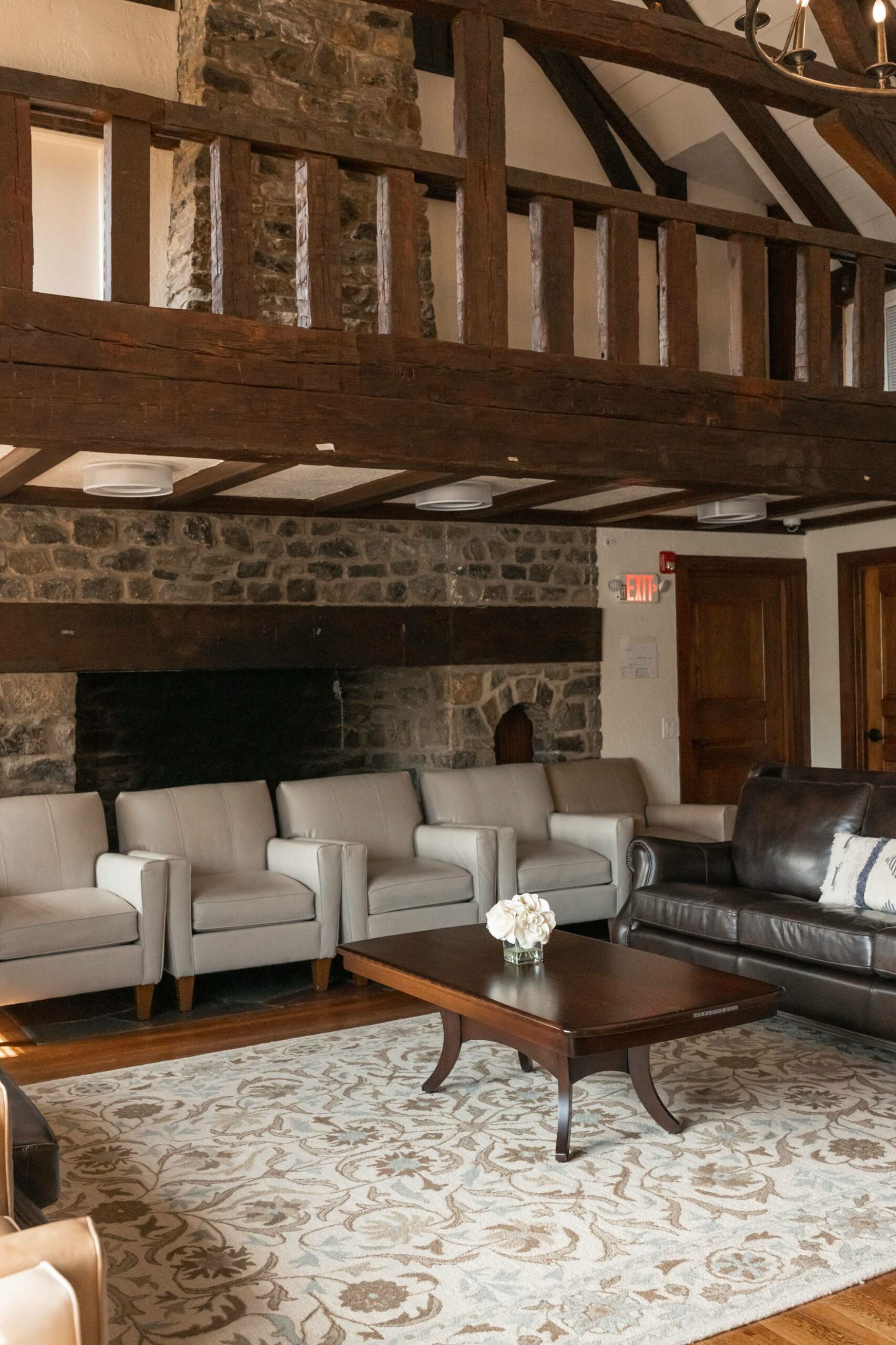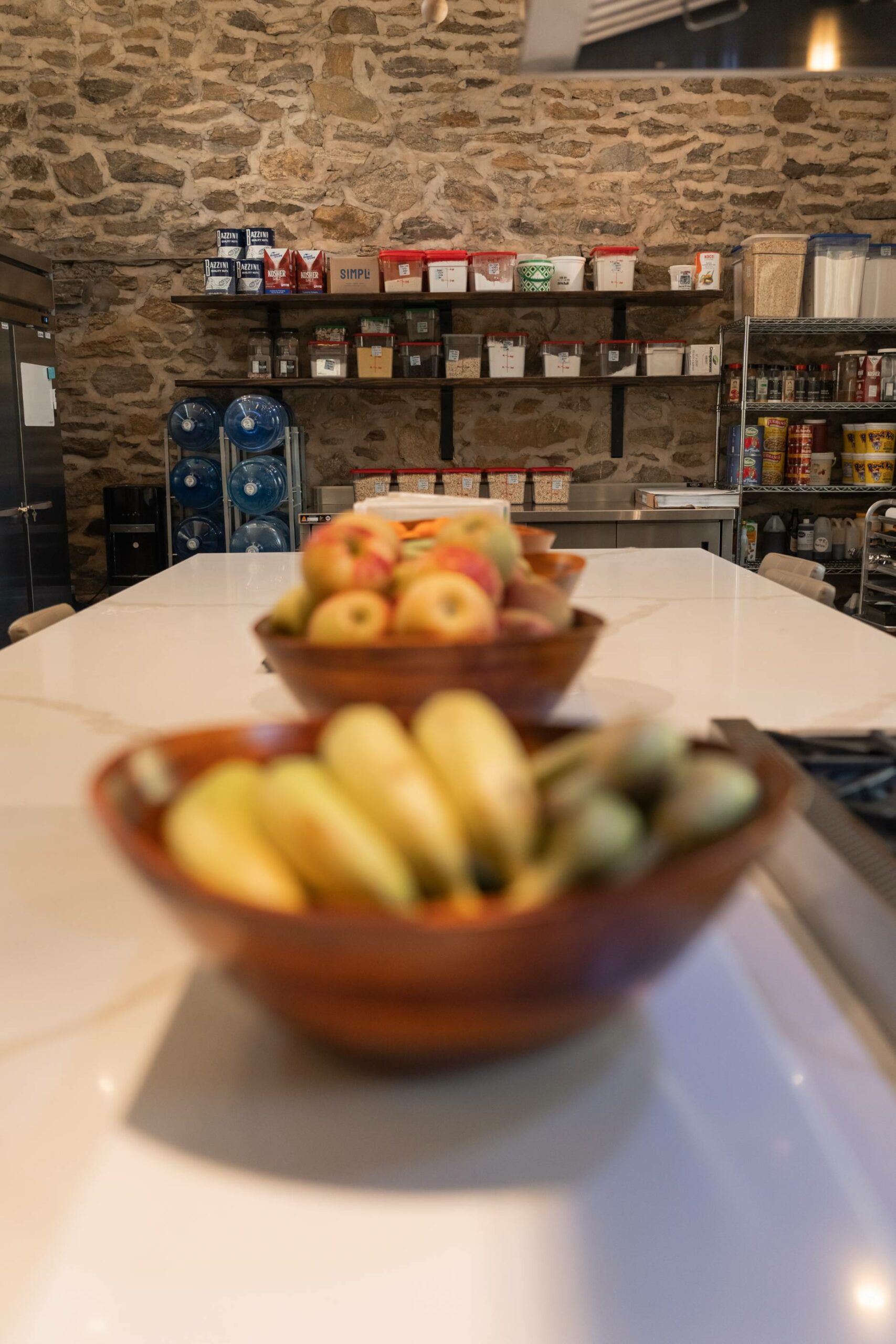Our Program
Nutrition Care
our approach
The Hidden River nutrition and culinary skills training program has proven to be a central feature of the residential program , allowing patients to achieve a functional level of independence successfully.
Our Nutrition Program
Eating disorders are known to be complex mental health disorders requiring a well-trained and sophisticated multidisciplinary team approach. There are five levels of care that a patient may receive support based upon their ability to effectively consume and retain a reasonable amount of nutrition. The levels of care include inpatient, residential, partial hospitalization, intensive outpatient, and outpatient.
The residential level of care is engaged when a patient is medically and psychiatrically in a stable position, which does not qualify for the higher inpatient level of care, but is lacking the ability to effectively remain medically and psychiatrically stable while residing in the family home attending a lower level of care, like partial hospitalization, intensive outpatient or outpatient. A residential level of treatment is necessary to provide a uniquely-suited multidisciplinary team approach and 24-hour support for the patient while they develop the personal fortitude and resilience necessary to manage the experiences of daily living. One of the central treatment goals at the time of making the transition from an eating disorder residential treatment center to any one of the lower levels of care is that the patient can effectively consume and retain the necessary nutrition to support medical and psychiatric stability with some level of independence.
Our nutrition programming includes the following elements:
Nutrition Evaluation
Comprehensive nutrition evaluation by a registered dietitian (RD)
Individualized Plans
Prescribed by a RD and physician to aid nutritional rehabilitation and prepared by our in-house chefs
Nutrition Education
Supported meals and snacks, including exposure to appropriate food-related challenges
Nutrition Counseling
Individual nutrition counseling two to three times per week and weekly nutrition education group
Exposure Response Prevention
Nutrition and Culinary Skills Training Program
The treatment programs at Hidden River have taken these important features into account when designing the nutrition education and culinary skills training programs. A patient’s anxiety regarding nutrition is real and often debilitating. Anxiety may present as an irrational mind state of terror, which is inadvertently misdirected towards the consumption and retention of nutrition. This disorder, then, facilitates malnutrition, which becomes known as an eating disorder.
The multidisciplinary treatment team at Hidden River has developed as an enhancement to the nutrition education and meal consumption program: an advanced culinary skills training program designed using Exposure Response Prevention therapy that can effectively reduce fear from the patient’s perceptual equation. The culinary skills training program originates with the use of several assessment quizzes to reveal a patient’s knowledge of the kitchen environment. The quizzes consider the patient’s incoming knowledge and use of the appliances and utensils common to kitchens, how the environment is organized, safe food storage, and how to effectively clean the setting.
Our team of registered dietitians (RDs) design a patient-specific intervention plan that will improve the patient’s confidence to prepare and consume their nutrition by implementing an Exposure Response Prevention program tailored to overcome their fear.
Following the education sessions, the patient then engages in guided therapeutic experiential training, which gradually exposes them to effectively use the appliances, safe handling of sharps, and basic food preparations. Patients learn to design meal plans, read recipes, shop ingredients, and prepare meals to completion. To accomplish a completed meal, they may use a stovetop, oven, crock pot, toaster, blender, knives, microwave, pots, pans, utensils, and a dishwasher. The skills required to properly spice food products, boil, bake, baste, fry, and roast may be included in their experiential training.
Hidden River recognizes that when a patient completes the residential eating disorder treatment program and can effectively prepare their meals and snack from conception to consumption, they experience a reduction in anxiety, increase in their confidence to manage nutrition, and ultimately succeed at moving towards the resolution of the eating disorder. The Hidden River nutrition and culinary skills training program has proven to be a central feature of the residential program design that supports patients in their quest to achieve a functional level of independence successfully.






